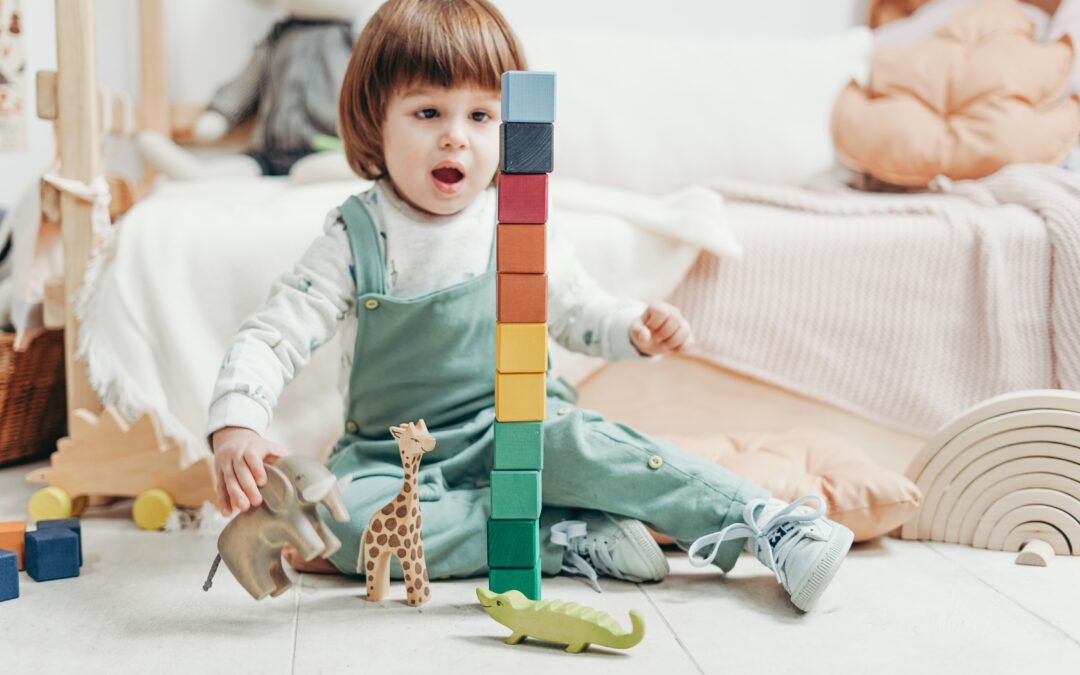Plenty of evidence shows how playing with toys is an essential aspect of children’s development. Children of all ages enjoy playing with toys and the different roles toys play in their make-believe games and fantasy worlds. But toys are much more than simple playthings. Many studies have shown that children learn through interaction and toys offer hands-on learning possibilities that can instill basic skills that can benefit children for the rest of their lives.
Why are toys so important in childhood development?
Toys are objects that children use for entertainment while simultaneously exploring the wonderful world around them, constantly educating themselves, role-playing, and exploring how to best express their emotions.
Because toys can be used as symbols for other things, they have great potential for helping children understand bigger concepts.
- Toys refine motor development
When children grasp toys and learn how to manipulate it, they are effectively practicing motor skills and becoming more adept at hand-eye coordination. This helps children advance through the different stages of physical development.
- Toys encourage creativity and imagination
When children are given a set of toys such as building blocks or pretend dolls, they will use them to create narratives while playing. The toys become more than what they actually are. When children are doing this, they’re learning to make sense of the world and helps them see things more broadly.
- Toys improve cognitive development
Toys nurture children’s’ cognitive development during the most important childhood years. Toys stimulate concentration levels and enhance attention span and memory. In turn, cognitive development during the childhood years improves children’s’ ability to approach language and math skills in a fun way.
- Toys teach children about STEM
Children are always absorbing information from their surroundings. And toys offer children another way to explore science, technology, engineering, and mathematics. Whether toys are simple or complex, they have a lesson to teach children and stress the importance of toys in childhood development.
- Toys help with emotional development
When children have favourite toys, they’re practising bonding in a very healthy way. When parents play with their children, it in turn helps them bond with people. This is how toys provide a great tool for connection, building positive memories, and a way to interact with their feelings.

